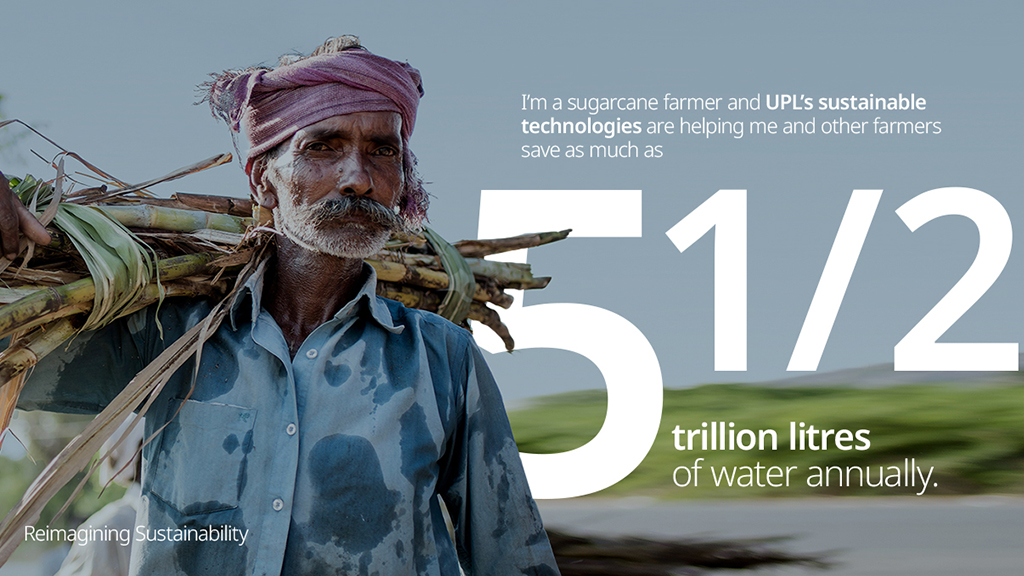Farming more than crops
The impacts of climate change are deeply intwined with the utility, efficiency, and conservation, of water. Water is a critical input for agricultural production and plays an important role in food security. Irrigated agriculture represents 20% of the total cultivated land and contributes 40% of the total food produced worldwide, according to the World Bank. And yet climate change is exacerbating water scarcity and leading to increased water-related extreme events such as floods and droughts.
Sustainable water-management is a vital to mitigate the impacts of climate change. For example, by protecting wetlands such as mangroves, seagrasses, marshes and swamps, we can utilise highly effective carbon sinks that absorb and store CO2 in biomass and soils. Additionally, wetlands also serve as a buffer against extreme weather, providing a natural shield against storm surges and absorb excess water and precipitation. Through the plants and microorganisms they house, wetlands also provide water storage and purification. In addition, nature-based innovations such as biosolutions are supporting regenerative farming methods, enabling farmers to better manage water consumption and growth healthy, resilient crops – irrespective of interchangeable weather patterns.
At UPL, our product portfolio includes a wide range of nature-based solutions and water-conservation tools including Zeba, a biosolution that improves water efficiency, fosters crop resilience and positively impacts soil health. Zeba is a corn starched-based, granular biosolution that absorbs up to 500 times its own weight in water and nutrients when applied, then slowly releases water and nutrients to plant roots multiple times throughout the growing year. With 95% of humanity’s food coming from soil and an increasing number of people living in water stressed countries, this makes it the perfect biosolution to increase resilience and improve water efficiency at a global level. Testament to its effectiveness in improving water efficiency, if Zeba was applied to global sugarcane cultivation, farmers could help save as much as 5.5 trillion litres of water annually.
We’re also partnering with stakeholders across food production systems to maximise sustainability through farmer education, training, and social development. One example is our Shashwat Mithas project in Pune, India, where we’ve partnered with the Shreenath Mhaskoba sugar mill. This award-winning initiative brings together all the key 42 sugar industry stakeholders to make sugar production more sustainable for the environment and farmers. By combining sustainable UPL inputs with good agricultural practice training, we’re helping increase farmers’ yields by 15%, while also reducing water usage by 30%, fertiliser usage by 25% and electricity usage by 30%. The end result is Green Sugar, a product that benefits growers, producers, and the planet.

